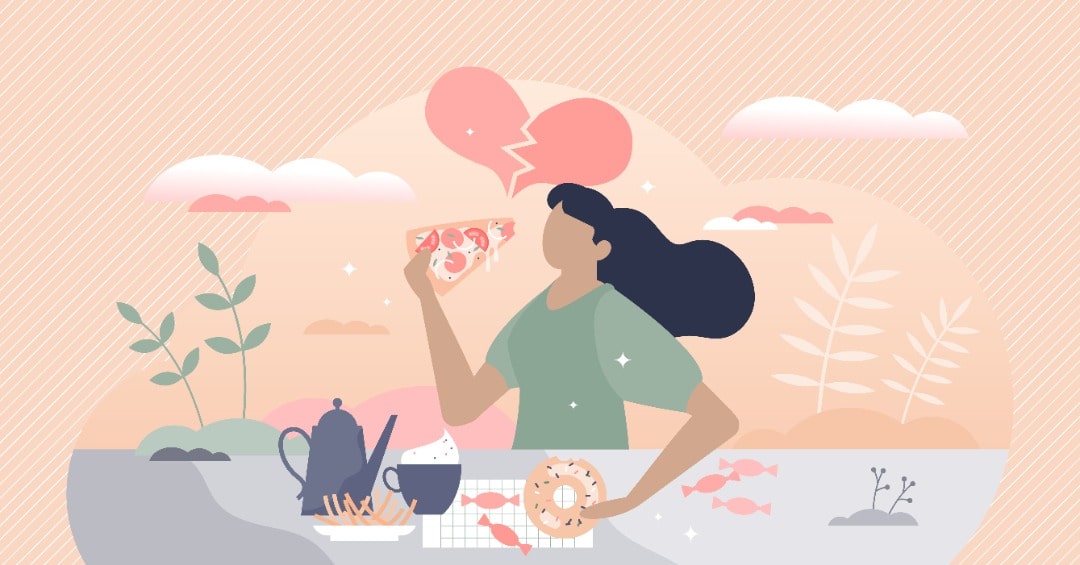You know that your relationship with food is strained. You feel out of control around food and ashamed about how much you eat. You may even go to great lengths to hide evidence of your eating from others. If this is you, you’re not alone.
For many people, this can be a sign of an eating disorder. Magnolia Creek offers help for people who are learning how to stop using food as a coping mechanism.
What Is Binge Eating Disorder?
People with binge eating disorder (BED) will eat more food over a period of time than most people would typically eat under similar circumstances. They will feel out of control during the eating episode and may often find themselves:
- Eating faster than normal
- Eating until uncomfortably full
- Eating when not physically hungry
- Not eating when other people are around due to embarrassment
- Feeling guilty or disgusted with themselves after eating 1
While BED can feel distressing or even shameful for those living with it, it is also very treatable. It is possible for people suffering from this disorder to become comfortable and confident around food. In this resource, we will explore an overview of treatment options for BED.
Treatment for Binge Eating Disorder
Individual and Group Therapy
Therapy is an essential part of treatment for BED. It is important to help you understand what purpose your binge eating serves in your life and to help you manage the urge to use food as a coping mechanism.
Treatment for BED is highly individualized. Once your therapist gets to know you, they will employ the types of therapy that they believe will be most helpful in your recovery. Treatment options include, but are not limited to:
- Acceptance and Commitment Therapy
- Cognitive Behavioral Therapy
- Dialectical Behavioral Therapy
- Exposure and Response Prevention Therapy
- Experiential Therapy, such as music therapy, art therapy, or wilderness therapy
- Mindfulness therapy
- Family therapy
- Group therapy
Eating Intuitively with Nutrition Therapy
Through treatment, you will learn other coping skills and tools to help resist the urge to binge and heal from your disorder. You may work with a registered dietitian to learn how adequately fuel your body and work through some of your unhelpful beliefs about food.
Eating intuitively can also help ensure that your body is adequately nourished throughout the day, which can help decrease the likelihood of having a binge.
This process also helps you to learn to trust your body to tell you what to eat, how much to eat, and when to eat. You may start out with a meal plan before jumping straight into intuitive eating as your mind and body begin to heal from the eating disorder. Your registered dietitian can help with the transition from meal plans to intuitive eating.
Learning to trust yourself to confidently make food decisions can feel intimidating for people with BED. Our team of trained professionals can provide you with a safe, judgment-free space to help you heal your relationship with food.
If you believe that you may be struggling with an eating disorder, we would love to help. Give us a call at 205-409-4220 or complete our contact form to learn more about treatment for binge eating disorder at Magnolia Creek.
Resources




